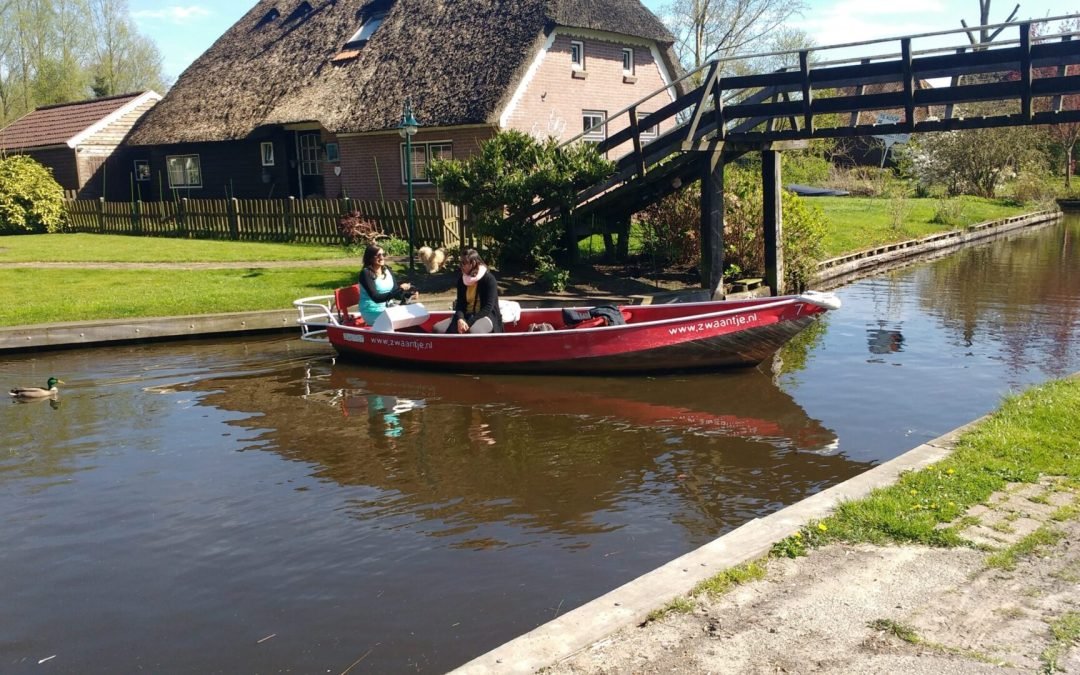Sustainable travel is a growing movement that aims to minimize the negative impact of tourism on the environment, culture, and local communities while promoting responsible and ethical travel practices. By making conscious choices and adopting sustainable habits, travelers can explore the world while minimizing their carbon footprint and supporting local economies. In this article, we will discuss how to engage in sustainable travel and explore the world responsibly. The Places with the Best Environment
Ljubljana and other towns and cities in Slovenia, as well as areas in Spain, were among the best destinations to go in 2019 and leave a small environmental imprint, according to a ranking created by a dozen sustainability organizations. Experts also selected Palau, where visitors must promise to preserve the region’s cultural and natural assets, as a leader in sustainability in a different competition.
Table of Contents
Choose Eco-Friendly Accommodation
Look for accommodations that have implemented sustainable practices. Consider staying in eco-lodges, green hotels, or accommodations with certifications such as LEED or Green Globe. These establishments prioritize energy efficiency, waste reduction, water conservation, and responsible sourcing. Additionally, consider options like homestays or community-based tourism that directly benefit local communities.
Travel Light and Pack Responsibly
When traveling, pack light to reduce fuel consumption and emissions from transportation. Bring reusable items such as water bottles, shopping bags, and toiletry containers to minimize waste. Use eco-friendly toiletries and opt for products that are biodegradable and free of harmful chemicals. Also, research local recycling practices and dispose of waste appropriately.
Support Local Economy and Communities
Choose to support local businesses, artisans, and service providers to ensure that your travel spending benefits the local economy. Shop at local markets, dine at locally-owned restaurants and engage in cultural experiences that directly benefit local communities. This helps preserve local traditions and generates income for the residents.
Respect Local Cultures and Customs
Educate yourself about the local customs, traditions, and etiquette of the places you visit. Respect the local dress codes, behaviors, and practices. Be mindful of cultural and religious sensitivities. Interact with locals respectfully, learn a few basic phrases in the local language, and engage in responsible tourism practices that promote cultural understanding and appreciation.
Minimize Environmental Impact
Practice responsible behavior to minimize your impact on the environment. Conserve water and energy by taking shorter showers, turning off lights and air conditioning when not needed, and reusing towels and linens. Choose eco-friendly transportation options such as walking, cycling, or using public transportation whenever possible. If flying is necessary, consider offsetting your carbon emissions through reputable carbon offset programs.
Choose Sustainable Tour Operators
When booking tours or activities, opt for operators that prioritize sustainability and responsible practices. Look for certifications such as Global Sustainable Tourism Council (GSTC) or Rainforest Alliance. Choose tour operators that promote environmental education, employ local guides, and support conservation efforts.
Engage in Nature Conservation
Respect and protect the natural environments you visit. Follow designated trails, avoid damaging fragile ecosystems, and never leave litter behind. Avoid activities that harm wildlife or contribute to the exploitation of animals. Instead, support responsible wildlife conservation initiatives and sanctuaries that prioritize animal welfare.
Learn and Educate
Take the time to learn about the local environment, culture, and history of the places you visit. Educate yourself about the challenges and issues facing the destination. Share your knowledge and experiences with others, both during and after your trip, to raise awareness and inspire responsible travel practices.
Pack thoughtfully
When possible, travel light and steer clear of disposables. Instead of purchasing bottled water, bring a reusable water bottle and fill it as required. Instead of using paper or plastic single-use items for snacks and meals, utilize reusable containers and utensils. To lessen your influence on the environment, think about bringing eco-friendly goods like biodegradable sunscreen.
Support local businesses
Support regional companies when you travel rather than national chains. You may support the local economy and assist in preserving local culture by doing this. Avoid items that are created from endangered animals or that contribute to environmental degradation and try to purchase souvenirs that are made locally.
Observe the local customs and the environment
Keep in mind how your actions affect the environment and the people you encounter when traveling. Respect regional traditions and customs, and abstain from environmental blights such as littering and destroying wildlife habitats. Consider engaging in eco-friendly activities that allow you to enjoy the beauty of the environment without harming it, such as hiking, biking, or visiting nature reserves.
In conclusion, sustainable travel is about making mindful choices that minimize our impact on the environment, respect local cultures, and support local communities. By adopting eco-friendly practices, supporting local economies, and engaging in responsible tourism activities, we can explore the world while preserving its beauty and ensuring its long-term sustainability. Remember, the choices we make as travelers can contribute to a more sustainable and responsible future for the travel industry and the planet as a whole.



